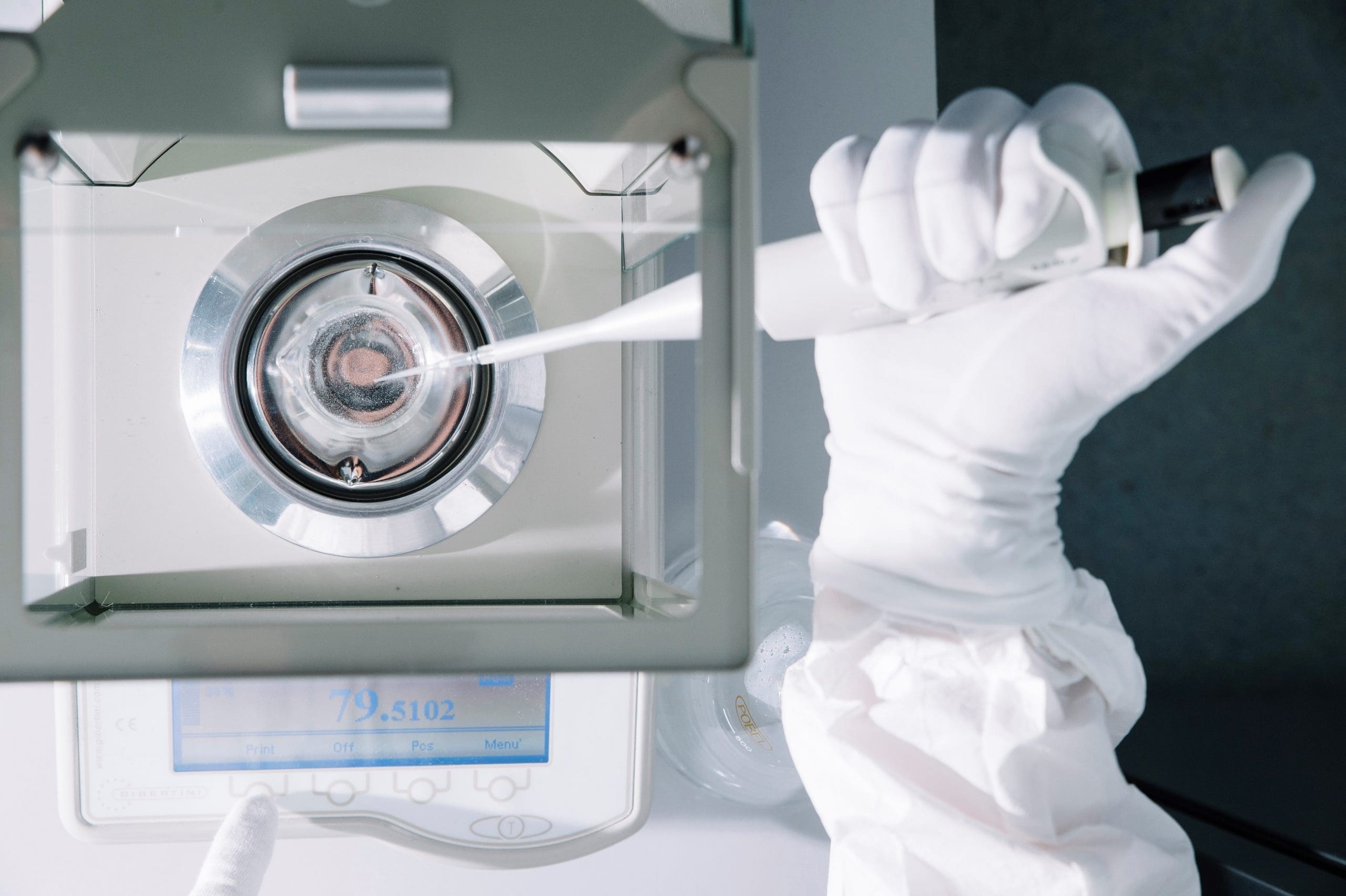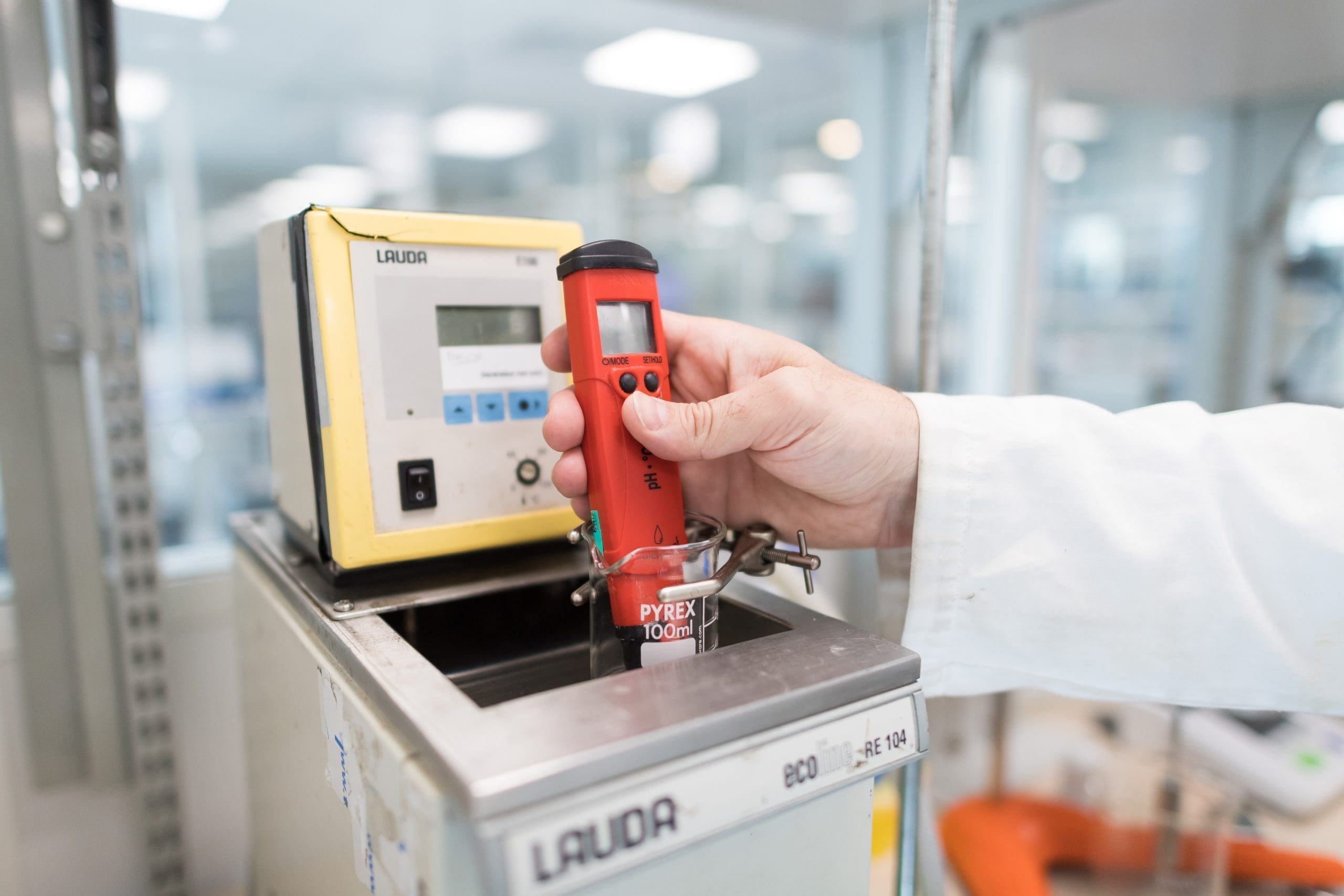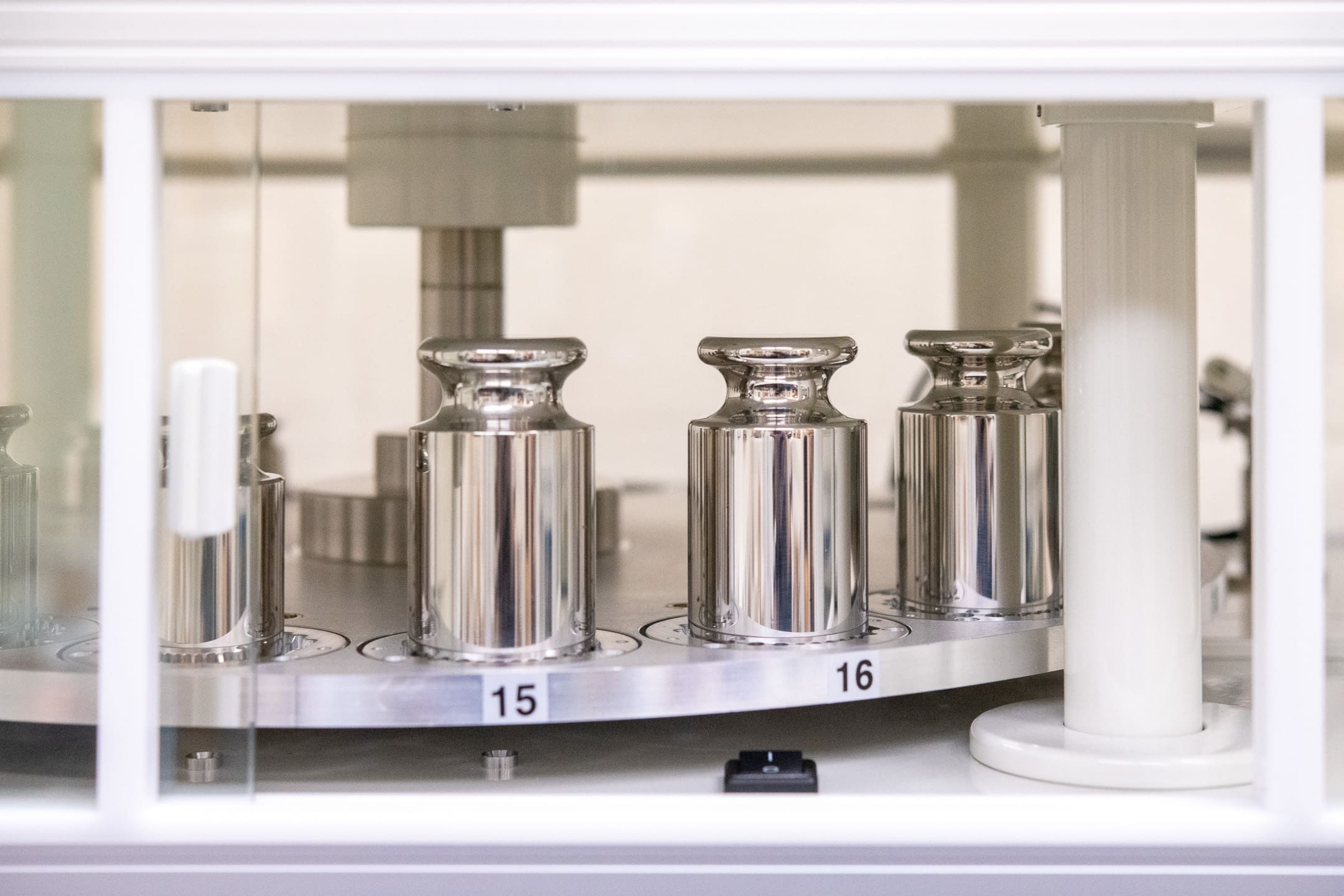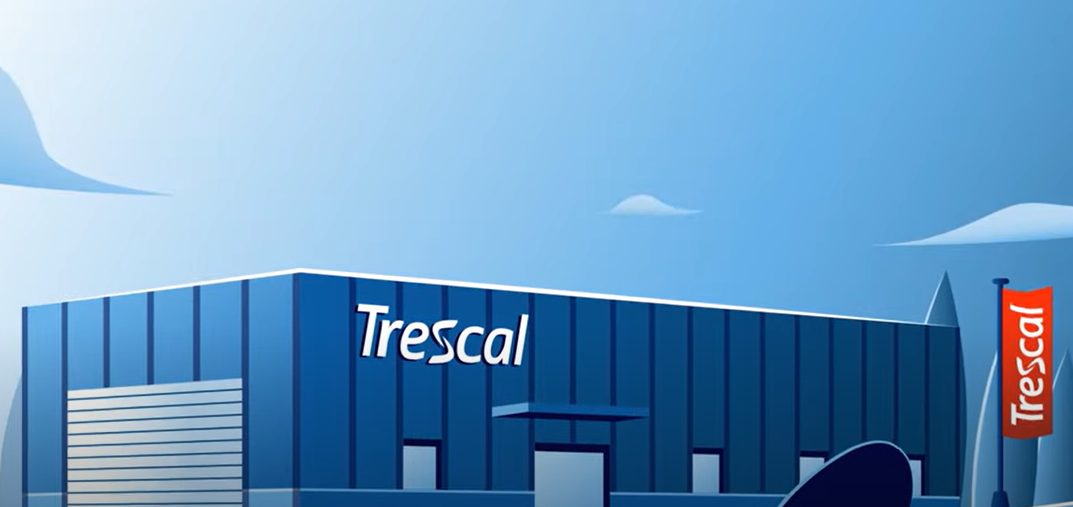Rio de Janeiro, Brazil – April 26, 2022 –
In the face of COVID-19, Trescal Brazil and MEC-Q, a Trescal company, banded together with automobile manufacturers, technical and engineering schools, maintenance entities, the medical community and regulators to fight against the pandemic. As the country faced high infection rates, its largest work group came together to support the medical community by fixing old pulmonary ventilators for use in hospitals. As the world leader in testing and calibration services, Trescal was proud to back this effort by providing periodic and post-repairs testing services. The process Trescal and MEC-Q developed for this at the height of the pandemic has since been evaluated independently and accredited.
What are pulmonary ventilators?
Pulmonary ventilators provide invasive ventilation for adult, pediatric and neonatal patients. Beyond the function of moving air into and out of a patient’s lungs, pulmonary ventilation with the correct equipment parameters can actually be used as a form of therapy.
Equipment adjustment protocols are specific to the illness treated, and incorrect or inappropriate adjustment may not only go against healing but can also damage the lungs. There is also a risk of electric shock if the equipment is not fit for use. It is therefore essential that all pulmonary ventilators be tested regularly to ensure they meet both performance and electrical safety specifications.
Collaborating to create a new testing process
In 2020, global demand for pulmonary ventilators exploded as they became the number one necessity for hospitalized COVID-19 patients. In response to a market shortage in Brazil, a group of automobile manufacturers including FCA, Ford, General Motors, Honda, Toyota, Renault, Scania, Jaguar Land Rover and Volkswagen, companies like Vale and AcelorMittal and institutions such as SENAI worked together to repair unused ventilators for use in hospitals. Honda asked for Trescal’s support in testing the repaired machines to ensure they would perform well and durably.
Trescal executed visual inspections, conducted electrical safety and performance tests including Fluke standards and provided reports. Numerous maintenance companies and laboratories were invited to participate in the repairs and tests and, of course, the service was offered free of charge as part of this humanitarian effort made by the nation’s businesses. With Trescal’s testing support, several life-saving ventilators have been tested as fit for use.
The move to accreditation
MEC-Q, a Trescal company, developed the testing procedure for pulmonary ventilators in accordance with the IEC 62353 standard. Once the COVID crisis began to normalize, the company joined forces with Brazil’s General Coordination for Accreditation (Coordenação Geral de Acreditação – CGCRE) to create pulmonary ventilator testing accreditation. At the end of 2020, MEC-Q of São José dos Pinhais-PR became the only laboratory accredited to carry out tests on pulmonary ventilators, with the approval of the Brazilian Network of Testing Laboratories (Rede Brasileira de Laboratórios de Ensaio – RBLE).
Immediate help with future potential
Trescal’s work in this field now involves carrying out post-repair testing and annual periodic tests in laboratory conditions or onsite in hospitals and ambulances. A test can be completed in one and a half to three hours, and Trescal currently performs two or three tests per day, including report publication. These services are deployed throughout Brazil, and other countries, including Algeria and France, have expressed an interest in the testing technology for their own medical infrastructure.




